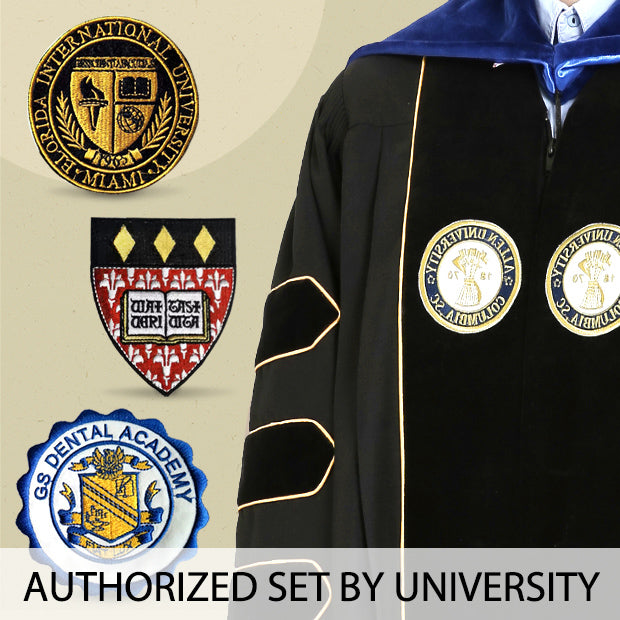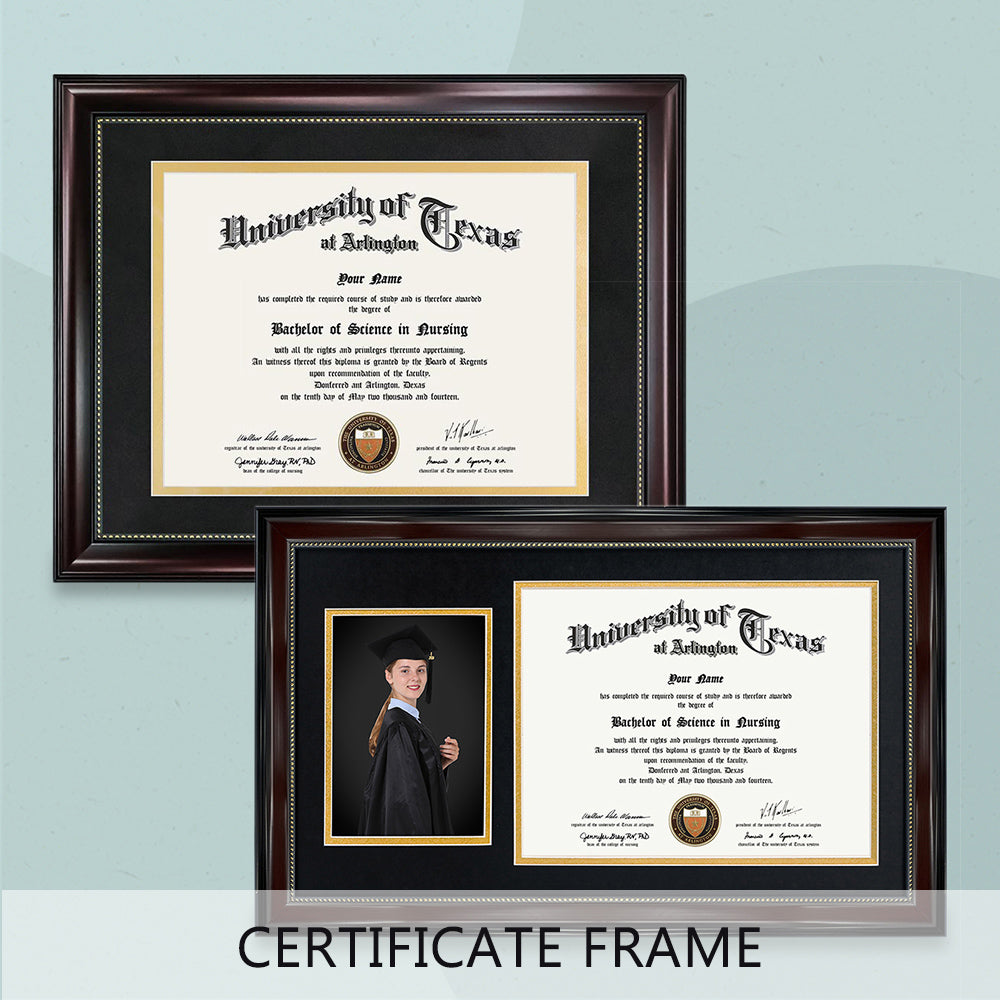No matter you're seeking to quickly climb the career ladder after the commencement or intend to make a career shift, the procedure begins with writing or modifying your CV which determines your possibility of receiving an interview invitation. The recent investigation reported recruiters claimed that they've seen well-written resumes sent to their inboxes less frequent lately. So, how do candidates draw attention from the hiring managers and guarantee their resumes don't eliminate them from consideration is the issue of common concern. Therefore, we've compiled the all-around following guide that covers all the curriculum vitae advice and tips to ensure you craft a winning CV and secure a position.
1. Layout and Format Your Resume Wisely
The average time an individual resume first get looked through is 25 seconds. Keep the information reverse chronological and apply wide margins, clear headings, bullet points, bold or italic typeface to logically organize the layout and call the reader's attention to critical content like accomplishments is undeniably the best bet. With regards to the number of pages, though the 2-page resume is bitterly debated, compelling yourself to keep the CV to merely one page is always a smart choice to start with. If your relevant, vital, rich experience, training, portfolios and certificates truly can't fit in 1 page, then do go for two pages or both sides of a single page. Alternatively, you can look for a graphic design to see if you can market the identical story of yourself in less space.
2. Quantify Your Achievements
Harness as many figures, percentages, and facts as you can to picture the level of your responsibilities, and capabilities and outweigh your competitors who solely outline general claims with uninteresting industry jargons. Employers hire performers, that's the reason why it is of significance to highlight how your former colleagues and employer were impacted by your work and by what percentage did your accomplishments exceed their expectations.
3. Handle the Gaps and Other Situations Related to Employment Stability
In accordance with the New York Time's career expert, eliminating a particular short-lived occupation or the gaps of several months from your employment history won't hurt as long as you're frank with the hiring manager on your past experience if mentioned in the interview. Likewise, by addressing the short-term jobs or frequent job movement, you're recommended to list the years only or proactively include a concise explanation such as "relocated to another city" or "dismissed owing to downsizing" for your sporadic job-hopping.
4. The Network is One of the Dominant Determinant
It is the general consensus that the majority of middle and senior-level managers are recruited via networking. Reach out to the person you've liaised with in the past, the headhunter or the people listed in the online alumni database of your school other than barely the recruiter of your desired enterprise might tremendously enlarge your odds of obtaining a more detailed review and receiving an interview. Additionally, uploading your personal curriculum vitae to professional social media platforms like LinkedIn tends to gain extra considerable exposure to similar opportunities of your current application.























Leave a comment
This site is protected by hCaptcha and the hCaptcha Privacy Policy and Terms of Service apply.